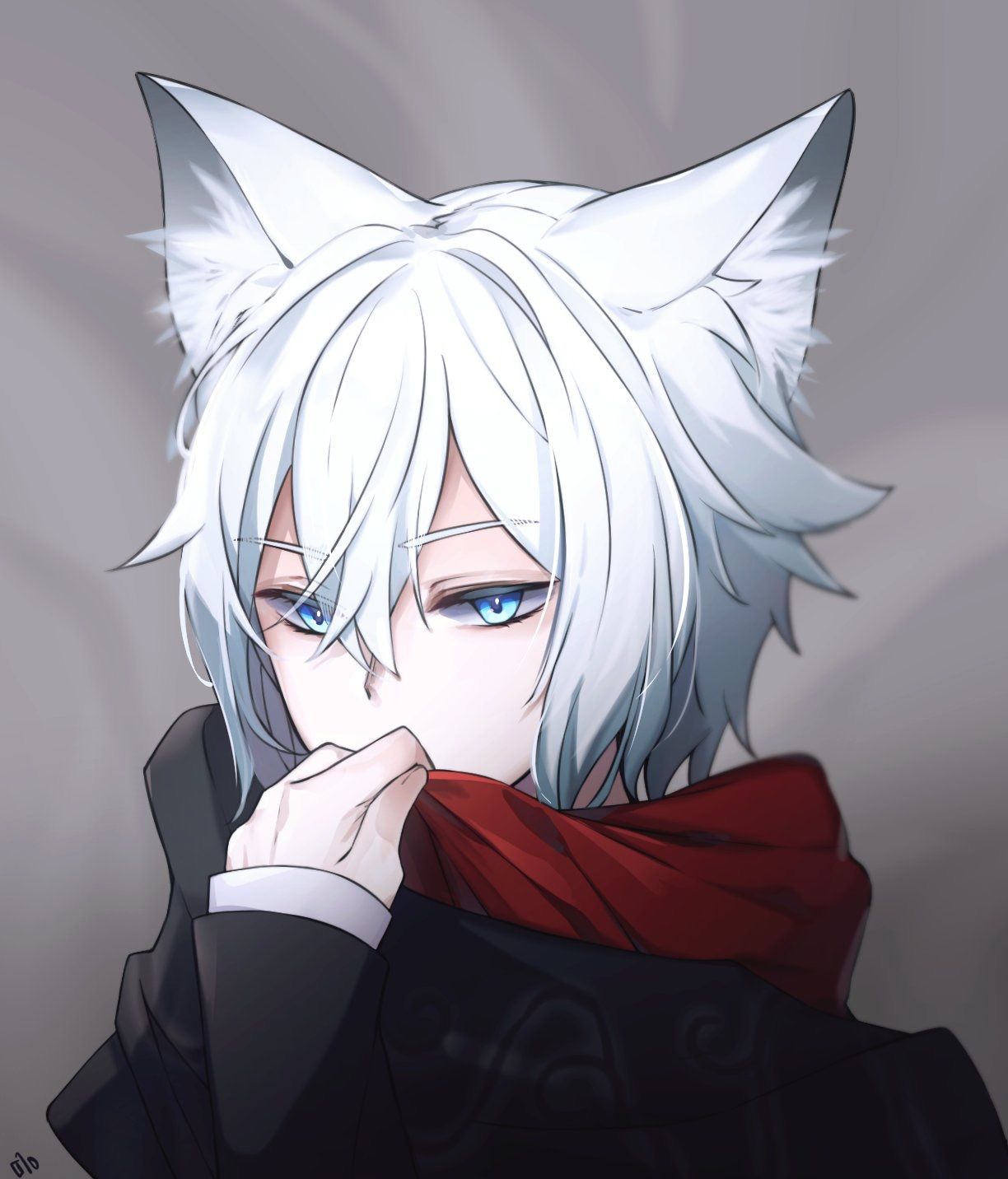Summer camp was a memorable part of my childhood, but most memorable was that summer of ’72. It was my last summer as a kid. I had just turned fifteen and was looking forward to starting high school in the fall with the older teenagers. Camp Tonkawa was located in the thick forest of East Texas, about forty-three miles from my home. There was nothing really exceptional about the camp. It had the standard amenities: a lake, lots of woods to explore, an archery and rifle range, and a nature preserve. What were exceptional were the three leading counselors. Mr. Rivera was a would-be jock and was in charge of organizing sports and running the archery and rifle ranges. Mr. Holloway led arts and crafts and taught camping and outdoorsmanship. But the counselor I remember most was Mr. Blackburn. He was kind of a brainiac and maintained the nature preserve. He also taught us about the flora and fauna around camp, but was particularly interested in bugs. He had been a doctoral candidate several years before and studied insects in the Amazon basin. No one knew why he didn’t finish his doctorate; he was certainly bright enough.
It wasn’t hard to imagine Mr. Blackburn in a khaki outfit and chasing insects with a butterfly net through the rain forest. He was a bespectacled man of about thirty-five with tousled dark hair and the hint of a beard that grew steadily longer as the week progressed. He was far from fastidious in dress. In fact, in other circumstances, you might call him a slob. His denim jeans had seen better days, and were often besmeared with mud, while his shirts bore the scars of battles with briars and brambles in the wild.
It was the end of August, and the end of camp. Tradition dictated that we rendezvoused at various campfires in the evening of the last day. Each campfire was supervised by one of the counselors, and it so happened that Mr. Blackburn attended ours. I was in a group of about ten or eleven boys sequestered in a small clearing on the lakeshore. We roasted marshmallows and made hot dogs and s’mores as the twilight passed into night. In the bright fire’s glow, we passed the evening with talk of the past and dreams of the future. The campfire crackled and cast a protective circle of light. Above us, an endless number of stars stretched across the heavens, and around us, an endless void of dreary night. We huddled close to the light, for although none would admit it, the surrounding darkness held terrors we could only imagine. In a pretended show of bravery, someone suggested telling ghost stories as the night grew darker.
Of course, there were the standard tales boys always tell. The “Bloody Hook”, “Tap Tap Tap”, and a gaggle of urban legends we relayed in turn. Soon Mr. Blackburn became the storyteller.
“Well, boys, I’ll tell you a true story of what happened to me in the Amazon. I’d been traveling with Carlito, my guide, for three days west out of Manaus on the Amazon River. I heard rumors of a rare butterfly with a habitat along the banks of the lower Amazon and I was anxious to find and catalog one.”
“I tell you, boys, the Amazon is a femme fatale, at once beautiful and dangerous, and the heat, oh the heat, is stifling. It is a place of contrast. There are ageless trees that rise on every side and dominate the land. There are magnificent waterfalls and birds and animals found nowhere else in the world. The jungle is often breathtaking, like some magnificent painting elegantly and lovingly created with exquisite strokes on the world canvas. But within the beauty, there is also danger. There are things in the jungle no tale of horror could hope to describe. There are man-eating cats that prowl the night, and piranha that devour a man during the day. There are spiders as big as your head and monstrous snakes that are the stuff of nightmares. But the thing even the natives dread; the creature that kills without pity or remorse is the black caiman.”
“What’s that?” one of the boys hesitantly interrupted.
“A creature from the blackest abyss of hell, son,” Mr. Blackburn continued. “It’s the devil’s blend of alligator and crocodile that prowls the river and kills the unsuspecting. Its black head is invisible on the water, but it’s dark, lifeless eyes watch you, waiting, floating nearer and nearer, then with a lightning flash of jaws its teeth rip you open and you hear your own terrible screams as the creature swallows you whole. ”
The sudden cry of an owl caused an involuntary scream from us all. Our eyes strained against the darkness and imagined the creature lurking silently in the lake just beyond. Mr. Blackburn paused a moment to let us reflect on his description. We all became a little more aware of the night.
“We stopped at one of the local villages to trade for food and water and heard the stories of a monstrous black caiman the natives call ‘Riomorte’: it means ‘river death’. Few have seen the creature and lived.”
“You know, boys”, he added, “the River People say the jungle keeps its own. They believe that when the jungle takes a life it leaves Hanatu. That means ‘the Ghost Who Walks’. They are spirits who have neither grave for rest nor fulfillment of earthly purpose and so they wander the earth for all time. They are drawn to the living, for they feel the energy of life that has been denied them. They long for the warmth of another human being but feel only the cold of premature destruction. The River People respect Hanatu; they fear only Riomorte.”
“Loaded with supplies and information, we set out again on our journey down the Amazon. Carlito and I fruitlessly searched the river banks for the elusive butterflies, then continued downriver. It was late afternoon and the sun had already disappeared behind the forest canopy. Dark shadows fell across the river as daylight surrendered to the encroaching night. As we slowly paddled our inflatable launch, we had the vague, uneasy feeling of being watched. The dark Amazon waters meandered through the jungle and we became acutely aware of the sounds of the approaching night. Suddenly, behind us, there was a splash. We both looked but only saw turbulent water near the river bank. Then Carlito saw the thing in the dim afternoon twilight. That huge dark head, and black eyes protruding from the river. ‘Riomorte!’ Carlito cried. ‘Riomorte!’ I drew my pistol and fired at the beast, but the bullet glanced off his thick hide and the creature disappeared beneath the water.
We searched the inky river in vain when suddenly a vicious blow struck our boat from beneath, and Carlito was thrown overboard. He frantically struggled to climb into the boat and I grabbed his arm and began to pull. With a sudden thrash of water, Carlito was pulled from my grasp. The beast rolled over and over in the water. I heard Carlito scream in terror and agony as the river turned crimson and the creature disappeared once more. I paddled feverously toward the riverbank, but I could see that black head follow fast and faster. With a great splash of water, those huge jaws suddenly ripped into the boat. I was thrown into that murky water and began to swim harder than I ever did before. My heart pounded and I panicked as I clawed at the precipitous river bank. That black monster from hell swam closer and closer. I suddenly felt a crushing pain on my ankle. I was struggling, helpless as I was pulled under the river and breathed its water into my lungs.”
The storyteller paused, then said, “Maybe this is too scary. Let’s finish the story later.”
There was a cry of protest from the boys, “No, tell us now! What happened next? ”
“Well,” our narrator continued, “then he ate me, of course.”
Mr. Blackburn smiled and faded away into the dying campfire glow.
Original at:


